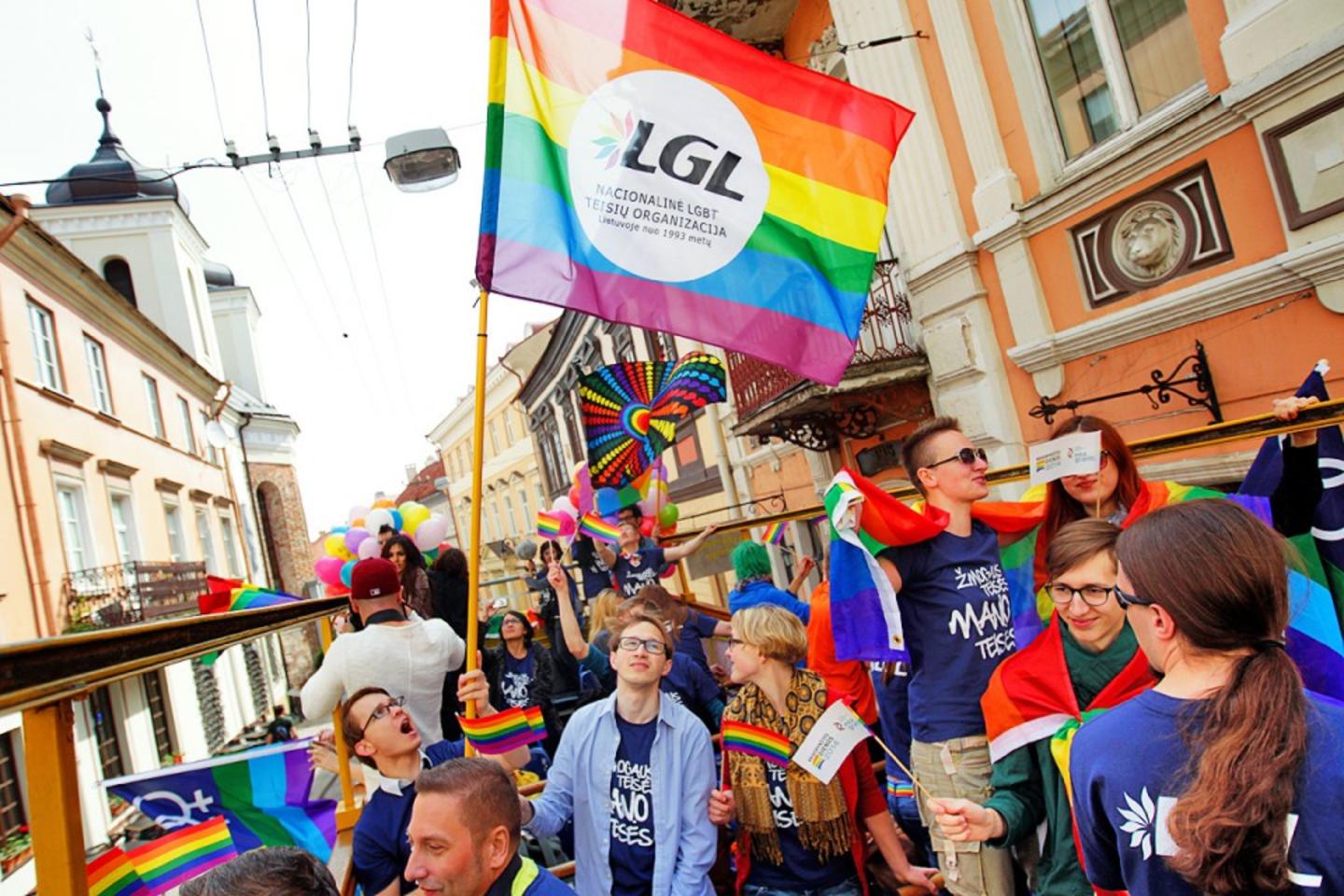“The situation for LGBT (lesbian, gay, bisexual, and transgender) persons in Lithuania has become significantly better. But many are still harassed and discriminated against because of their sexual orientation,” says Aliona Nova, Head of Advocacy at the Lithuanian Gay League.
According to a study published by the EU Agency for Fundamental Rights (FRA), 61% of the Lithuanian LGBT community feel discriminated against. In the population in general, as many as 48% do not think that homosexuals should enjoy the same conditions in the workplace as their heterosexual colleagues and 42% believe that homosexuals should not be teachers in their kids’ school. Only 12% of Lithuanians declare that they know at least one gay, lesbian or bisexual person.
“The remaining 88% also have LGBT persons in their lives, they just do not realise it. That is why it makes a big impact when people choose to be open about their sexual orientation,” Nova explains.
Despite the statistics and the many challenges, Nova remains upbeat on the general trends. When Lithuania was a part of the Soviet Union, homosexuality did not officially exist. In 1993, two years after Lithuania became an independent country, homosexuality was decriminalised.
“The laws improved a lot in the run-up to the EU membership, but most politicians are not really fighting for our cause, and hate speech among them is still widespread,” Nova says.
In 2010, many doubted whether the annual Gay Pride Parade would take place at all. When eventually it did take place, it had to be organised outside of the city centre, with a heavy police presence protecting the participants police from angry protesters. In contrast, just three years later, the Gay Pride Parade 2013 was a completely different experience:
“There were no fences, and we were allowed to organise the Parade in the main streets of Vilnius. Despite some abusive remarks from the audience, people were generally supportive and waving to us.”
Sustainable support
The Lithuanian Gay League receives support for their advocacy activities from Iceland, Liechtenstein and Norway through the NGO fund in Lithuania. Their aim is to mainstream LGBT equality in the decision making process in Lithuania by raising awareness among the general public, policy makers and the LGBT community.
The funding also allows the Lithuanian Gay League to employ four people and to carry out their activities nationwide. Last year, the International Day Against Homophobia and Transphobia on the 17 May was celebrated in Kaunas and Klaipeda, in addition to Vilnius.
“The EEA Grants provide us with a stable and sustainable source of funding. This is very important for us, so that we do not have to rely exclusively on volunteers,” Nova says.
Nova herself is bisexual. Her family is supporting her, although her brothers found it difficult to understand in the beginning:
“I know my brothers are very proud of me and the work that I do. All my parents want is for me to be happy.”
About the project
The project receives € 111 940 from Iceland, Liechtenstein and Norway through the NGO fund in Lithuania. The project is implemented in partnership with the Icelandic ‘Queer student association Q’.
The project started January 2014 and will end July 2015.
